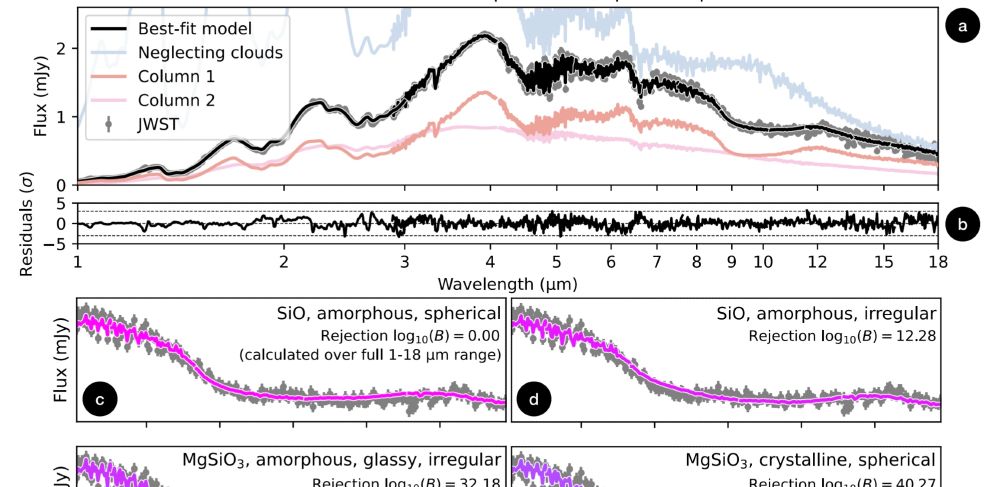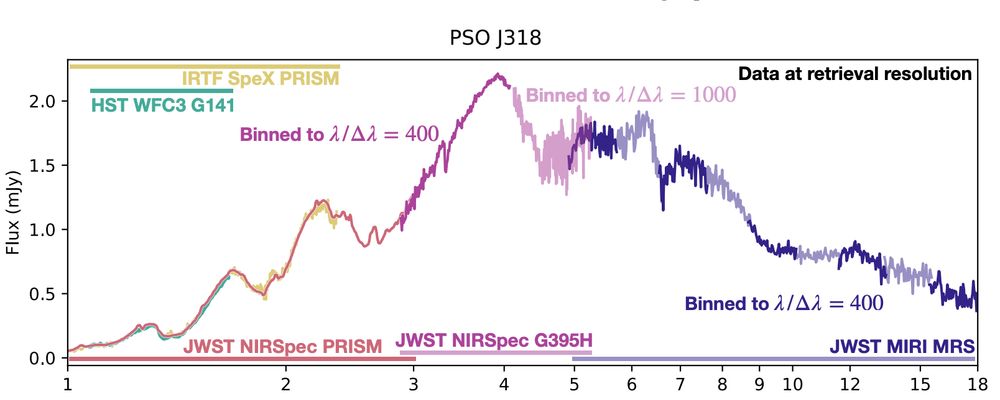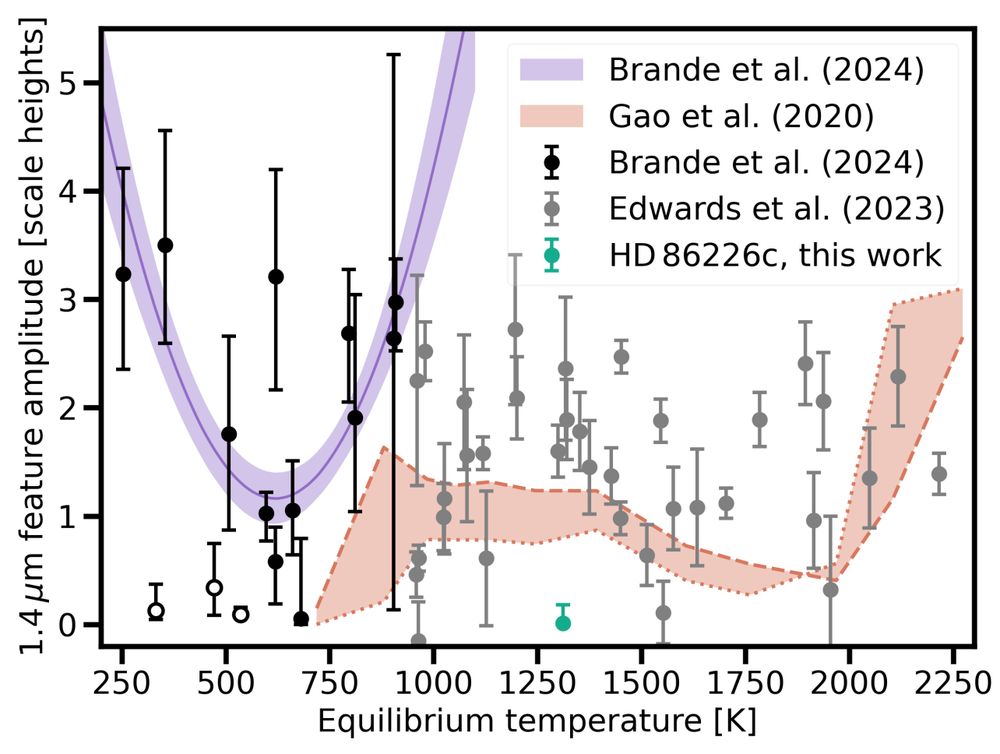Laura Kreidberg
@lkreidberg.bsky.social
720 followers
150 following
51 posts
Exoplanets, atmospheres, aliens. Director of the APEx Department at MPIA.
Posts
Media
Videos
Starter Packs
Reposted by Laura Kreidberg
Reposted by Laura Kreidberg
Reposted by Laura Kreidberg
Laura Kreidberg
@lkreidberg.bsky.social
· Jul 25
Laura Kreidberg
@lkreidberg.bsky.social
· Jul 21
Laura Kreidberg
@lkreidberg.bsky.social
· Jul 14
Duncan Christie
@astroduncan.bsky.social
· Jul 14
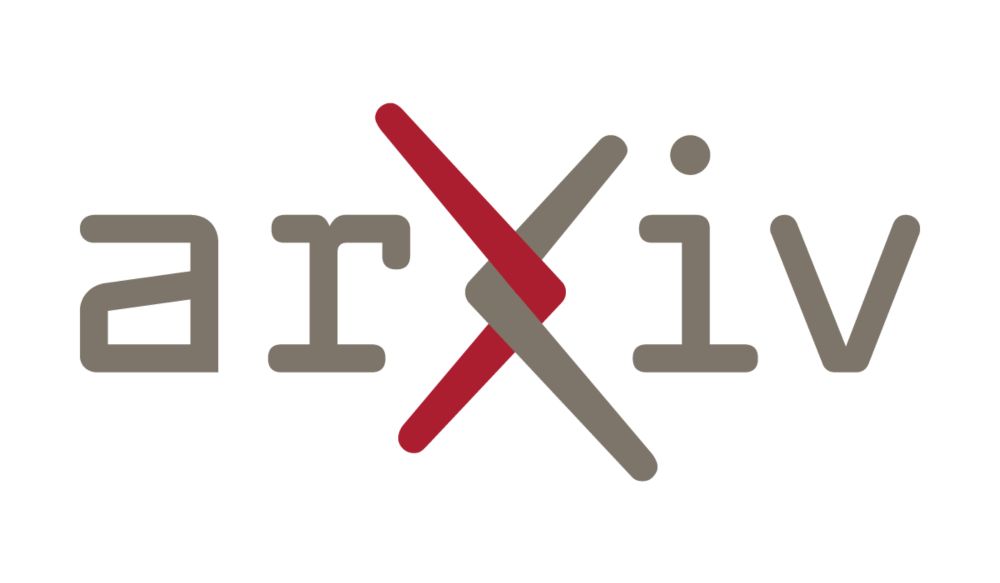
Geometric Considerations in Hot Jupiter Magnetic Drag Models
Magnetic fields are expected to impact the atmospheric dynamics of hot and ultra-hot Jupiters due to their increased ionization fractions, compared to that of cooler exoplanets, but our ability to mod...
www.arxiv.org
Reposted by Laura Kreidberg
Jiachen Liu
@jiachenliu.bsky.social
· Jul 1
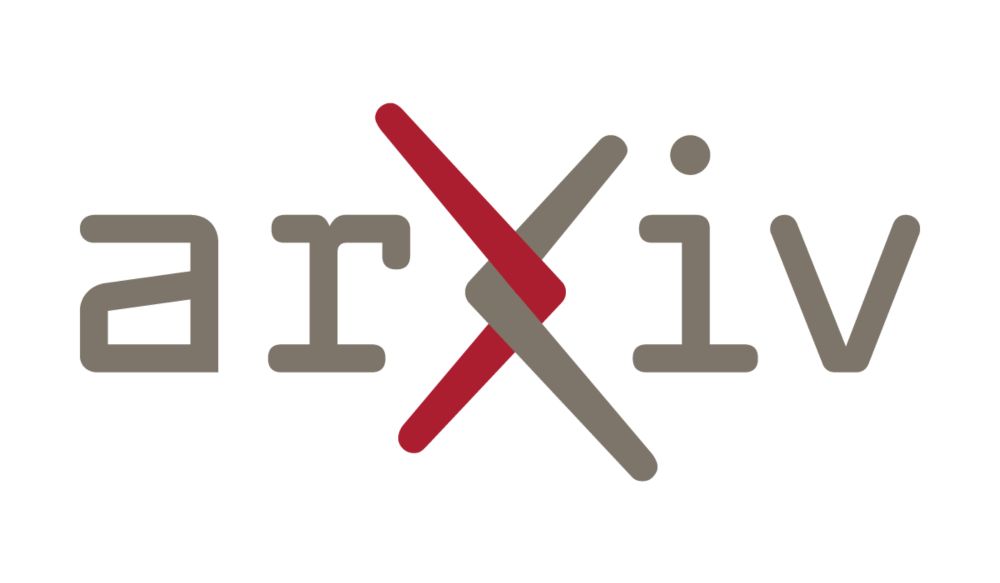
Three-dimensional Transport-induced Chemistry on Temperate sub-Neptune K2-18b, Part I: the Effects of Atmospheric Dynamics
The low equilibrium temperatures of temperate sub-Neptunes lead to extremely long chemical timescales in their upper atmospheres, causing the abundances of chemical species to be strongly shaped by at...
arxiv.org
Reposted by Laura Kreidberg
Tad Komacek
@tadkomacek.bsky.social
· Jul 1

Three-dimensional Transport-induced Chemistry on Temperate sub-Neptune K2-18b, Part I: the Effects of Atmospheric Dynamics
The low equilibrium temperatures of temperate sub-Neptunes lead to extremely long chemical timescales in their upper atmospheres, causing the abundances of chemical species to be strongly shaped by at...
arxiv.org





